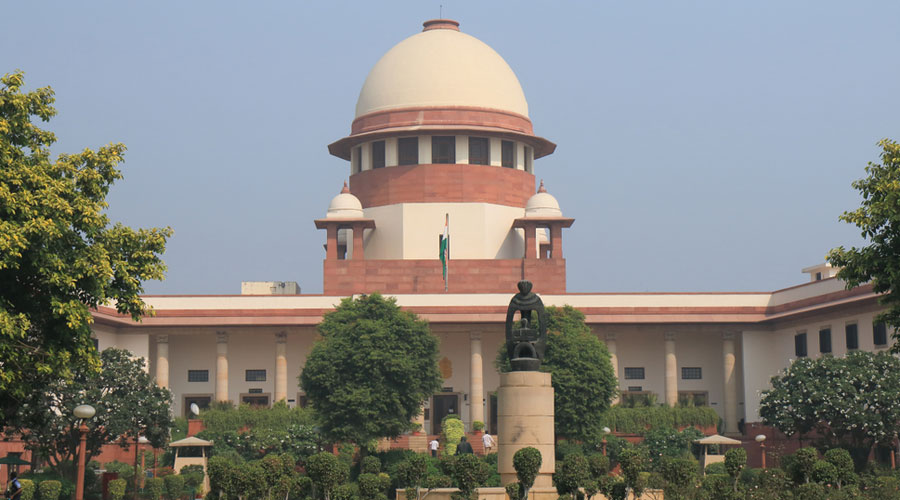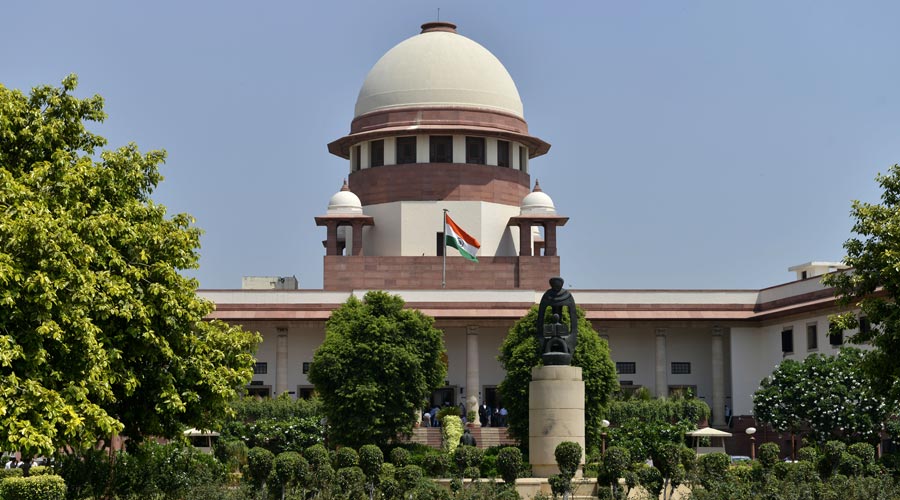As many as 29 phones were examined and malware was found in five of them, but there was no conclusive proof of Pegasus spyware, a Supreme Court bench led by Chief Justice NV Ramana said on Thursday, adding that the committee examining the matter had said the Indian government was not cooperating. The Supreme Court said it was scrutinising the report submitted by the committee it set up on the alleged use of Pegasus spyware to snoop on phones of politicians, activists and journalists.
The report had been submitted in three parts - two reports of the technical committee and one report of the overseeing committee by a retired judge of the Supreme Court, Justice R.V Raveendran.
The apex court let it be known that one part of the report would be made public on the Supreme Court's website. "We will be making the third part of the report by Justice Raveendran on recommendations public on our website," the CJI said, adding that the committee asked not to publish the full report in the public domain.
When some of the petitioners sought a copy of the first two parts of the report, the CJI said the court would examine the demand. "We don't want to make any more comments without going through the complete report," Justice Ramana said.
The case was adjourned for four weeks.
The apex court set up the expert committee to probe whether Indian law enforcement authorities had procured and used Pegasus after a huge political storm prompted by global media reports that the spyware from the Israeli firm NSO Group was used to target many around the world.
In India, the news portal "The Wire" claimed that more than 142 people were targeted. Forensic analysis of some of the cellphones by the Security Lab of Amnesty International had confirmed a security breach, reports said.
Among those who were allegedly targeted were Congress's Rahul Gandhi, poll strategist Prashant Kishor, two serving Union Ministers, an ex-Election Commissioner, two registrars of the Supreme Court, an old number of a former judge, a close aide of a former Attorney General, and 40 journalists.
The government had said in a statement in Parliament that no illegal interception had been done but no discussion on the issue took place in either House. Opposition parties have repeatedly demanded a discussion on the issue.












